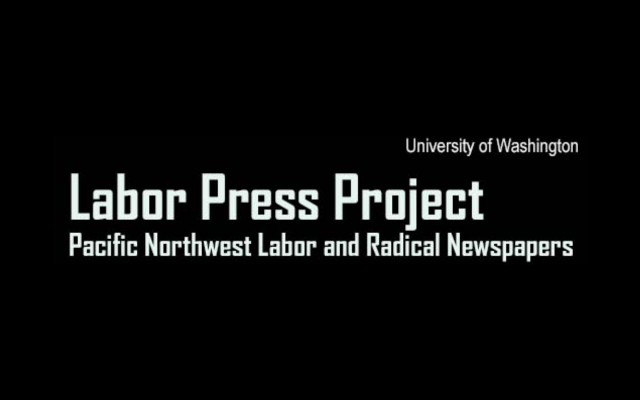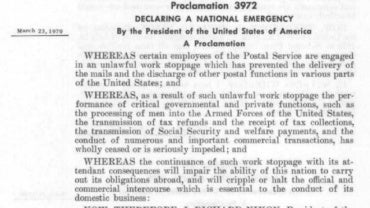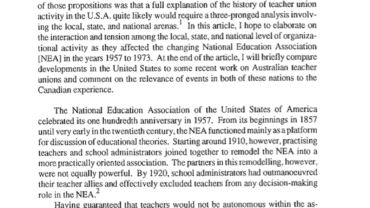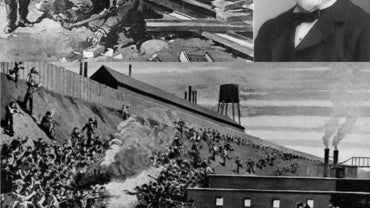This site brings together information about the history and ongoing influence of newspapers and periodicals published by unions, labor councils, and radical organizations in the Pacific Northwest. Labor newspapers have been a critical part of American labor movements since the early 19th century and an equally critical, if largely unacknowledged, part of the history of American journalism. Today more than a hundred periodicals serve the labor movement. Thousands more have done so in the past.











